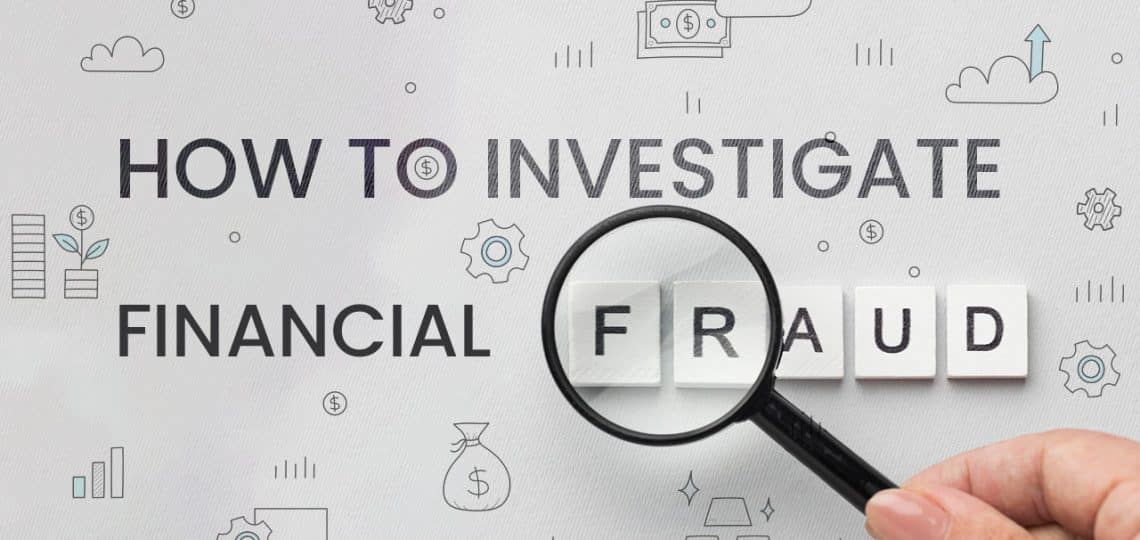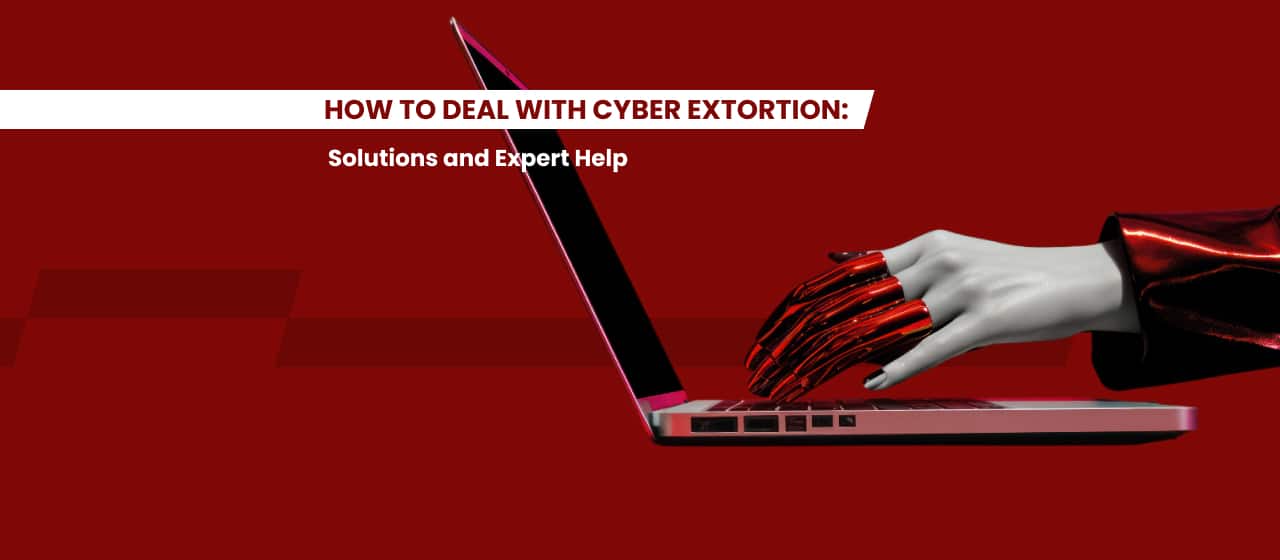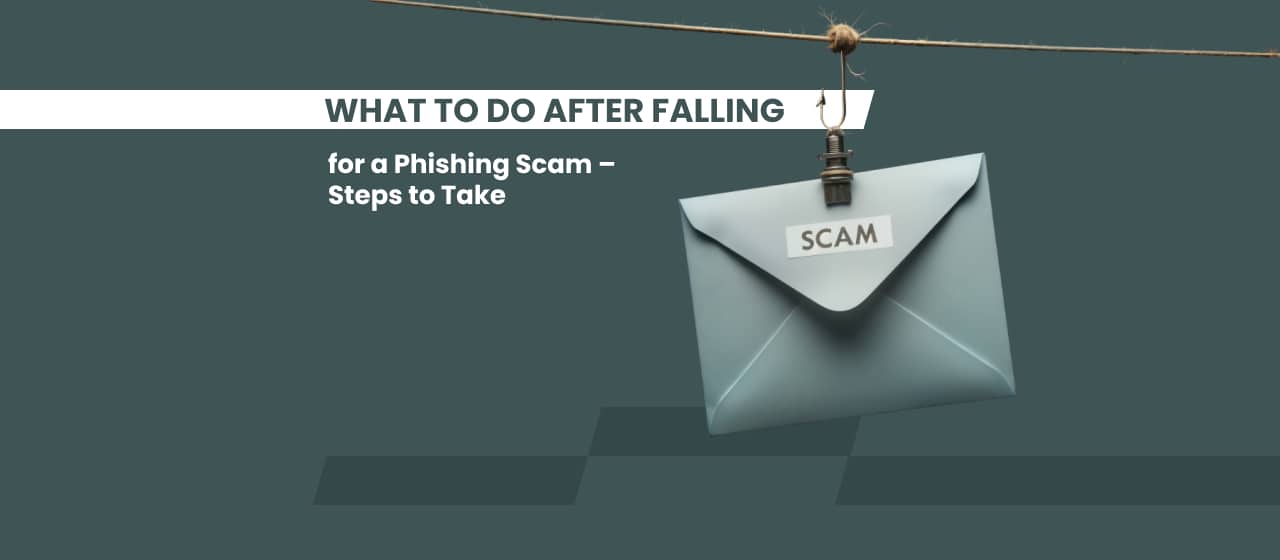How to Investigate Financial Fraud?
Financial fraud is a serious issue that can have devastating consequences for businesses, both small and large. Unfortunately, it’s also becoming more common as criminals become increasingly savvy with their techniques. That’s why it’s important for business owners and financial professionals to know how to investigate financial fraud if they suspect it has occurred. Below is a guide on how to investigate financial fraud and what the different types you could see are.
What is a Financial Fraud?
Financial fraud is a broad term that covers any type of fraudulent activity involving money. Fraudsters use various tactics to commit such theft, including false invoices, falsifying financial statements, data manipulation, and more. Forensic accounting is a profession that has become increasingly in demand as these fraudulent activities escalate.
Forensic accountants use their knowledge of accounting procedures and techniques to detect and investigate any potential cases of fraud within the enterprise. Their skillset involves tracing the money trail, analyzing financial documents, and uncovering further facts related to the case.
Financial fraud may be difficult for the average person to tackle; this is where Cyber Investigation proves invaluable.
What Are the Main Types of Financial Crime?
Financial crime encompasses illicit activities that are motivated by financial gain. All financial crimes have serious consequences but understanding the main types can help individuals and businesses protect themselves from becoming victims.
The most common types of financial crime include fraud, money laundering, bribery and corruption, identity theft, cybercrime, terrorism financing, and tax evasion. Other forms such as insider trading, extortion, and embezzlement may also be deemed as financial crimes depending on the context.
To ensure financial security and avoid falling victim to one of these offenses, it is important to take precautionary measures such as regularly checking your accounts for suspicious activity or guarding against phishing emails. Staying informed about these different categories combined with a healthy dose of caution will greatly reduce the risk of becoming a victim of financial crime.
How to Investigate Financial Fraud?
The first step in investigating any suspected case of financial fraud is to gather evidence. This evidence could include bank records, invoices, or anything else related to the transaction in question. The next step is to analyze the evidence collected from the investigation thus far. This analysis should be thorough and include looking for patterns or discrepancies which may indicate fraudulent activity has taken place.
Finally, once all the evidence has been gathered and analyzed, investigators should conclude and make recommendations based on their findings. These recommendations should be tailored towards preventing similar cases of financial fraud from occurring in the future by implementing security measures or other safeguards which can help protect against such activities going forward.
Conclusion
Financial crimes pose a serious threat to businesses worldwide. However, by understanding the different types of these crimes, businesses can take steps to protect themselves and avoid becoming victims. By staying informed about the different types of financial crimes out there, including fraud, tax evasion, and money laundering, business owners can have peace of mind knowing that their businesses are protected from these potentially devastating offenses.
Additionally, having robust security protocols in place can help deter criminals from attempting such activities in your organization in the first place. Taking these measures now will ensure that your business remains safe from financial crimes both now and in the future. Now you know how to investigate financial fraud.







